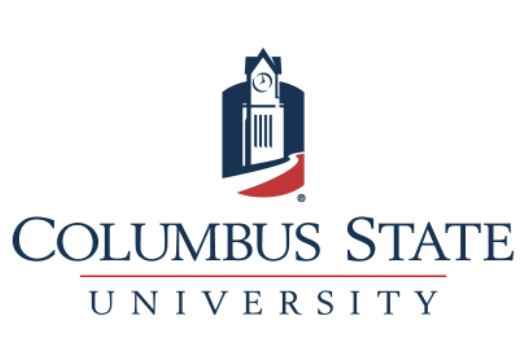Amid the pandemic, college students in Columbus, GA still need to connect. One might be playing Dungeons & Dragons on a Zoom call, another exercising independently during a group FaceTime.
Some of these students have intellectual or developmental disabilities (I/DD), and they’re staying connected however they choose while participating in the Guidance and Opportunities for Academic and Leadership Success (GOALS) Program at Columbus State University (CSU).
During the fall 2020 semester, there were two students in the program.
While one student chose to take classes online, and the other completed his coursework on campus, both students participated fully in the college experience. Dr. Greg Blalock, an associate professor of special education in the College of Education and Health Professions, says they worked to create person-centered plans by discussing the available course options: hybrid, online and face-to-face.
“One-hundred percent of the classes that students within the GOALS program take are what we call … fully integrated classes, so that means GOALS students take the same classes that any other student might take,” Blalock said. “They also have a greater number of online options for them this fall.”
Blalock began at CSU in 2008, and he says the COVID-19 pandemic has brought new challenges and opportunities. The adjustment has forced administrators and professors to think creatively about providing college-life experiences for their students, even in an online format. Blalock says this may include meeting at a park for socially distanced frisbee golf or hosting a virtual movie screening.
There are nine inclusive post-secondary education (IPSE) programs throughout the state. GOALS has been at CSU since 2015, and it offers a two-year certificate and access to internships in a student’s areas of interest.
After completing the program’s initial two-year stretch, students participate in Columbus State’s graduation ceremony, walk the stage alongside their peers and receive a university completion certificate, which documents what they accomplished. For students who wish to continue, the GOALS program offers the option to return for a more advanced certificate that builds on the skills of the first one.
 “Both certificates utilize a combination of academic work; employment; training and career development skills; and social skills development,” Blalock says. “But the second certificate is much more focused on the world of employment and being out in internships –internships of choice, importantly.”
“Both certificates utilize a combination of academic work; employment; training and career development skills; and social skills development,” Blalock says. “But the second certificate is much more focused on the world of employment and being out in internships –internships of choice, importantly.”
When a student arrives at Columbus State’s GOALS program, Blalock says they begin a conversation about their career ideas and choices. From there, staff begin to reach out to the community. He says one recent student had an interest in working in retail gaming and books, so they arranged an internship with a local shop. Another was interested in art, so they coordinated an opportunity at the city’s museum.
Blalock recommends prospective students take a tour of the school’s main campus and downtown Columbus campus. That way, students and their families can get a feel for the university and how it might fit into their plans.
“I think the one thing that is most important is that families and students themselves understand that university-college life is something that’s now an option for them,” Blalock said. “I would encourage any students with a developmental disability, whether they’re in middle school or high school, or maybe they’re done with high school, to call us – and they can contact me directly – and schedule a visit to the university. And we can do a virtual visit, or we can do an in-person visit.”
